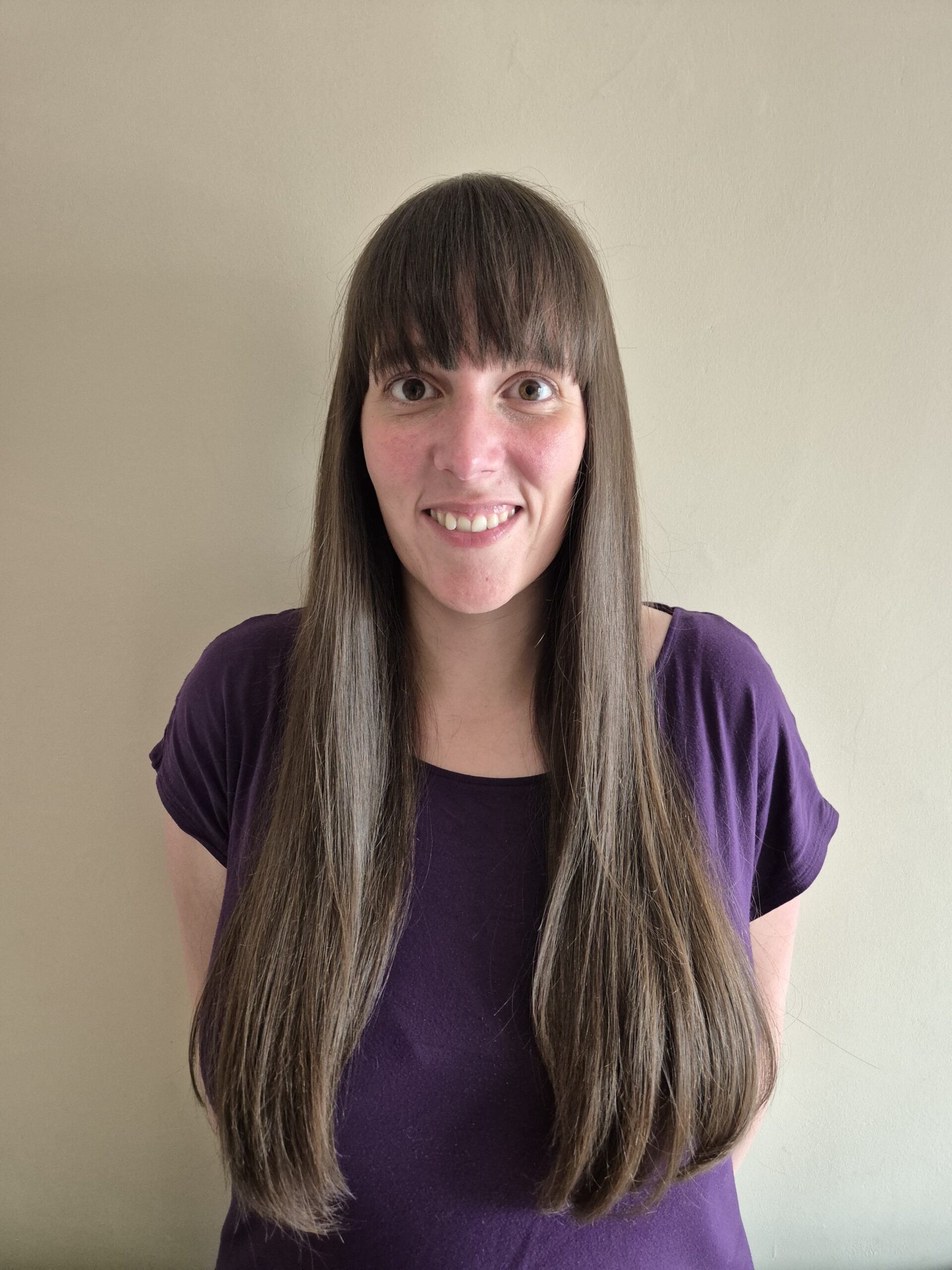At Unity Academy we uphold an inclusive culture which is built on a whole community approach to special needs where staff, governors, parents and support services work together as a team co-operating, collaborating, and co-ordinating in all that they do so that it produces the best possible education for all children.
The Academy considers the four following areas to be areas where difficulties may occur and these categories are also defined in the SEND Code of Practice 2014.
- Difficulties with communication and interaction
- Difficulties with learning
- Difficulties with emotional and social development
- A sensory and/or physical need
Pupils with special educational needs are identified as early as possible from various sources: pre-school settings, teacher assessment, parental concern, Individual Literacy assessment, National Curriculum assessments (SATs), reading tests (NFER) and previous school records/reports. It can also be identified by observations carried out by specialist provider staff. This information then forms the basis for planning a differentiated programme to meet a recognised need.
In the identification of Special Needs we expect providers to follow a Graduated response to which there are three stages
- Pupil aware – If a pupil is causing concern due to lack of progress a discussion will be held about possible causes, this will include seeking the views of the parents and an appropriate set of actions will be devised. This may include being part of an intervention group following a specifically tailored programme of work over a set period of time. This would usually involve a daily session with a Teaching assistant. After this period of intervention progress will be assessed. If it is decided that further assessment required due to lack of progress, it is at this point the school will start to consider if there is an area of difficulty that comes under the four areas of Special needs.
- SEN support – If a pupil has a recognised need within one or more of the four areas outlined in the Code of Practice then an individually tailored support programme will be put in place. Parents will be made aware of what this provision will be and will also be involved in reviewing what happens next throughout the time it is in place.
- EHC plan – If a pupil has had significant amount of individualised support for a sustained period of time and there are still concerns over progress from school or from parents then a request for a statutory assessment can be made. This request requires all professionals and parents to provide information which goes towards a decision if the pupil’s needs are sufficient enough for a plan to be required. If it is then a plan is put together and once in place the pupil is able to attend a special school if that is the parent’s wishes.
As early as possible, the individual needs of all pupils is identified and the appropriate provision is made. This may include:
- Providers liaising with Unity staff for support and guidance
- Different learning materials
- Specialised equipment
- Individual or group support
- Staff development or training in alternative strategies
- Planning interventions and monitoring progress
- Seeking advice from LA support team
If any of the above is put into place then this is called SEN support. How this support is implemented is the responsibility of the alternative provision provider and up to the provider to decide where to prioritise the support. The provider should follow the Local Authority ‘Local offer.’ These are documents which outline the kind of provision they can provide.
They should also outline the support to be put in place and which strategies are best for the pupil. The support approach will also be further defined by the Unity Academy Principal/Executive Lead, the advice of other professionals, the class teacher and the views of parents.
Some of the professionals which may be sought for advice, support, materials and equipment can include:
- Learning and Cognitive Service
- Communication and Interaction Service
- Education Psychological Service
- Behaviour support Service
- The School Medical Service
- Speech and Language Support Service
- Physical and Sensory Impairment Support Services
- Occupational Therapist
A pupil who is at SEN support should receive support across the day and the week. This support will be timetabled and the support will be in place for at times of greatest need. This support maybe shared support or one to one.
We expect all Unity Academy young people who are SEN support will have a SEN plan. A SEN plan has several targets which the child is working towards. The child is supported by teacher and their teaching assistant in achieving these. A SEN plan also outlines how much one to one support a child receives and what times of the day this happens. A SEN plan should be reviewed at least every term. A SEN plan is to be discussed with parents and the child (if appropriate) when drawn up and at review meetings. If a child is moving from School Aware to SEN support then a SEN plan will be written and this will include new targets, new strategies and any specialist assessments from those involved.
Every half term the SEN plan should be revised by the class teacher, the TA who works with the pupil where they will review the strategies tried, the targets set and if any progress has been made. From this review, decisions will be made as to next actions. There should also be a Review meeting once a term where parents and if appropriate other professionals will be invited to discuss progress and next steps.
Raising a concern
The first thing you should do is raise your concern with your child’s teacher. They will discuss the concern with you and then share your concerns with the Alternative Provider Principal and Head of Centre
Then your child’s teacher and the provider lead will discuss strategies already used with child and possible alternatives.
These discussions will then be fed back to the parents at the earliest possible moment where the provider lead, the child’s teacher and parents hopefully agree what interventions are needed whether it is no additional action is required, or the kind of interventions outlined for School Aware or those required for SEN support.
Should however you are unable to agree with what the provider is proposing then you should seek support and guidance from Unity Academy staff: enquiry@unity.raleightrust.org
You may wish to consider a formal complaint to the Raleigh Education Trust.
You may wish to consider a formal complaint to the L.A. who will contact Unity Academy and hold discussions with the Academy and look at the provision provided. From this they will decide if the provision is sufficient to the level of need.
An assessment of needs is where a written request is made by the child’s parent or the Provider with the support of unity Academy to the LA to formally identify the child’s needs. To have a formal assessment the child will have a level of need which is of significant cause for concern. Assessments involve the LA considering all of the evidence by working co-operatively with parents, the child’s setting and as appropriate, other agencies, in deciding whether a statutory assessment is necessary.
If the LA decides that the degree of the pupil’s learning difficulty and the nature of the provision necessary to meet the child’s special educational needs are such that it requires the LA to issue a plan outlining the SEN provision then there are two main courses of action. Firstly the parents may choose to keep their child in their current provision. The child will be supported by HLN and the plan outlines the provision to be provided. Secondly the child’s parents may wish to send their child to a Special school which specialise in children with a significant level of need.
A child cannot attend a special school without a plan and which provision whether it is mainstream or not will be discussed and decided upon at a meeting after the EHCP has been issued. All plans must be reviewed at least annually with the parents, the pupil, the LA the school and professionals involved.
If you have any SEN concerns or questions relating to SEND, please contact our
SENCO – Vicky Jackson on 0115 9151271.










